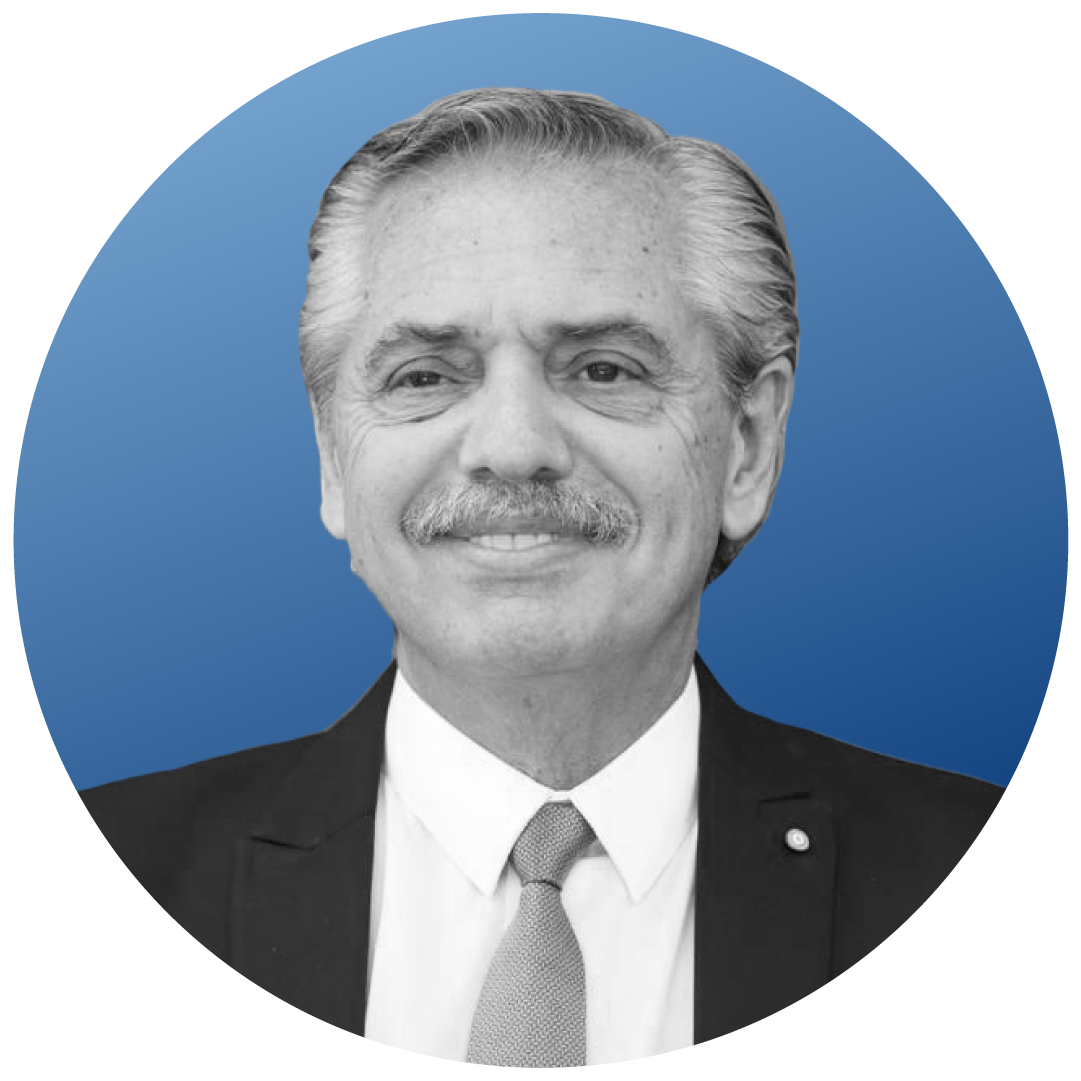Alberto Fernandez is the president of Argentina
Forty years ago, democracy was our utopia. Guided by the fight of the Mothers and Grandmothers of Plaza de Mayo, with the wounds of the Malvinas war still open, and with the strength of an organized people, we were able to find freedom and conquer democratic life.
Today, we know that December 10, 1983 was a starting point.
If someone had told us back then that we would be here today, celebrating 40 years of democracy, we would have thought it was a pipe-dream. But Argentina, our people, makes the impossible possible.
Now that we have a lasting democracy, we have to make sure it’s broad, profound, and effective. A dynamic democracy for dynamic times. A tool that allows us to solve our everyday problems, as well as our structural ones.
We must radicalize our democracies. Create new forms of politics, of social transformation, of citizen engagement.
Today, most Argentines didn’t live through the 1976-1983 period. But most of them are also familiar with history. I would like to remind the younger ones about the ferocious repression that took place in every school, every workplace, every street, every university, every neighborhood.
If your hair was too long, you went to jail. If you stated an idea the military didn’t like, you were jailed and tortured. You were forbidden from expressing your sexual identity. If you defended political ideas you were persecuted and kidnapped. Disappeared. There was no voting, no one was ever free to say what they wanted. They took newborns from their parents, children of the detained-disappeared, and hid their real identities from them. They turned the River Plate into a mass grave, tossing bodies from “death flights”.
In those dark times there was a vital space of resistance: the Buenos Aires Herald newspaper. An authentic space for critical, revelatory, and brave journalism. The Herald persistently denounced the human rights violations that were taking place in our country.
Their commitment to the silenced truth was so strong that its director, Robert Cox, was illegally detained in 1977. He was released, but the threats to his life continued and he was forced into exile two years later.
Forty years have passed since then, and today we have generations that have only experienced democratic life. They know only life in freedom. This is undoubtedly a victory achieved by our society. But it’s also true that we were unable, did not know how, to end injustice and inequality.
Just as those of us who lived through the dictatorship are aware that everyday life today is markedly better than forty years ago, younger people are facing an unjust world filled with frustrations, where every morning we wonder where we are going, why we do what we do. We are concerned about the present and uncertain about the future. That is why we cannot afford to waste time.
In the context of forty years of democracy, we have the historic mandate and the ethical obligation to work for the distribution of wealth, to consecrate a plural, open, responsible country where everyone has a future.
I invite you to push the boundaries of what is possible. Because current limitations are leaving many, entire peoples, behind. Let’s push the boundaries, let’s imagine the Argentina of the future. And let’s make it happen together.
While many have declared the end of history, we the people continue to write it. Nothing can stop the power of a people that has woken up, has risen up to demand their rights, and vindicates the struggles from which they were born. It’s the Mothers and Grandmothers of Plaza de Mayo, the Nunca Más, the fight against presidential pardons and the Full Stop law, it’s the repressors sent to prison. It’s human rights as a state policy.
The Argentine people have risen up over and over again, but today we rise, once and for all.




